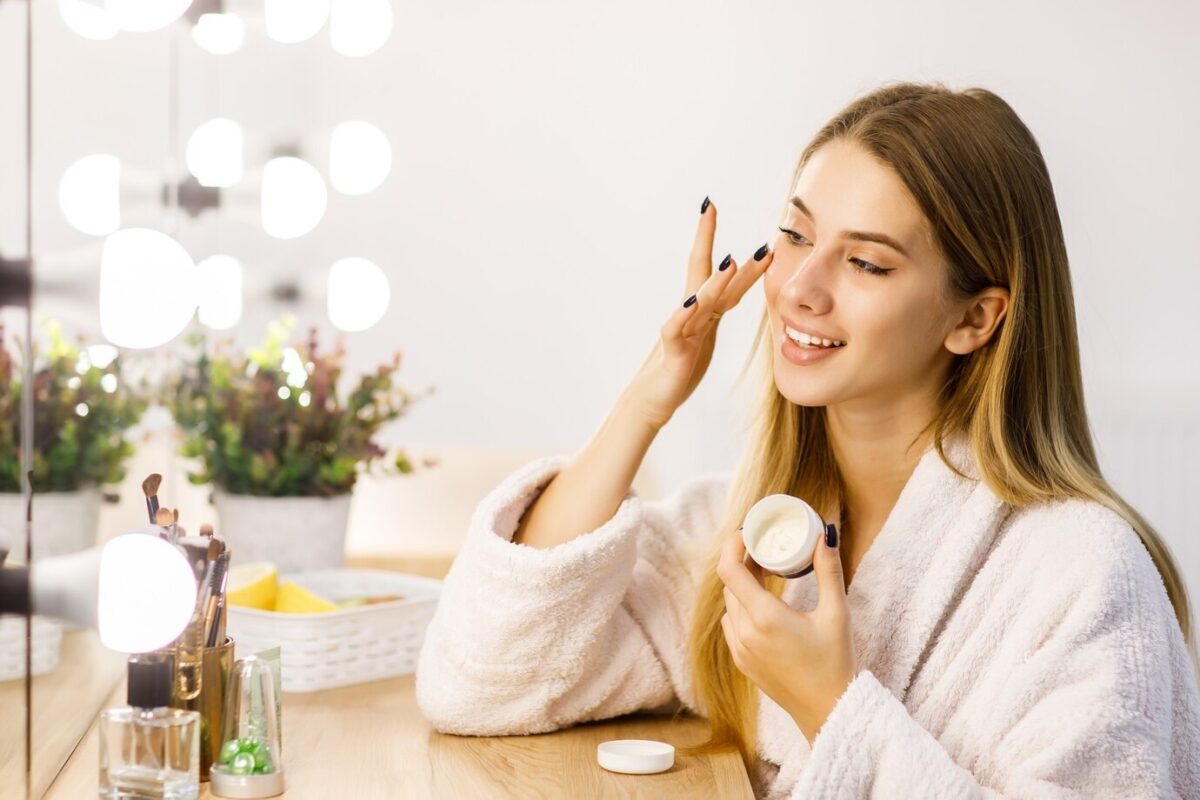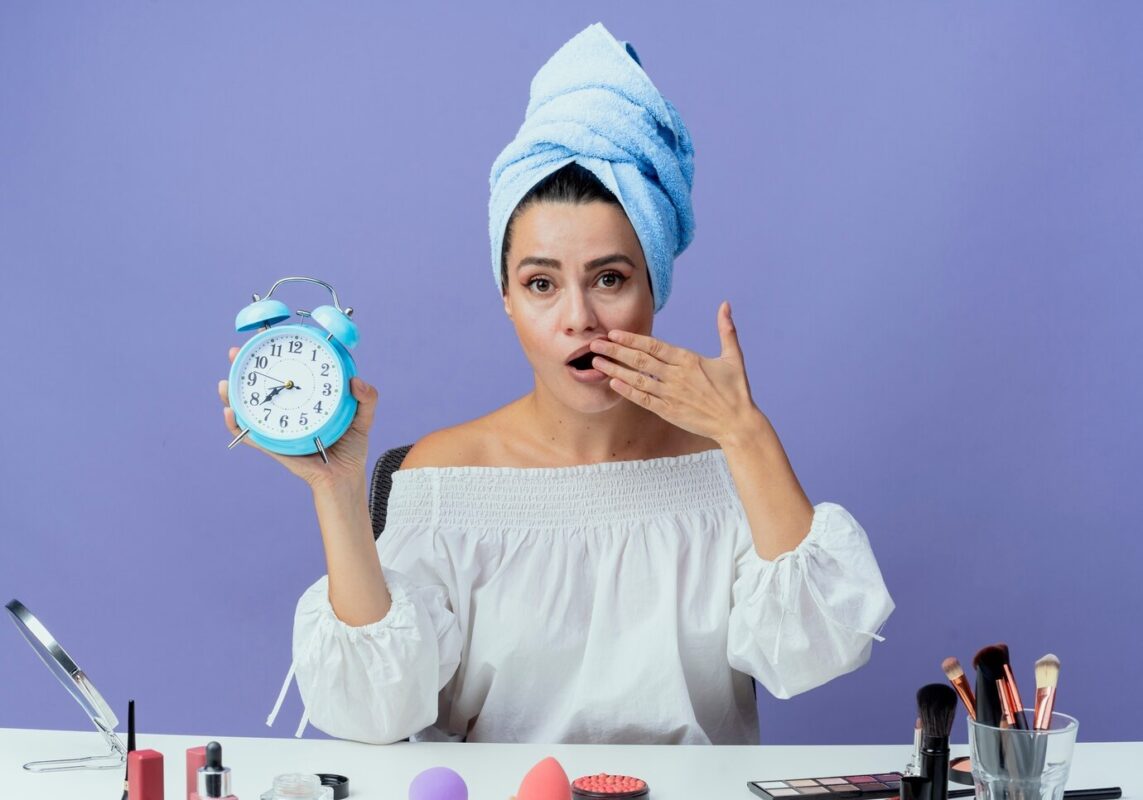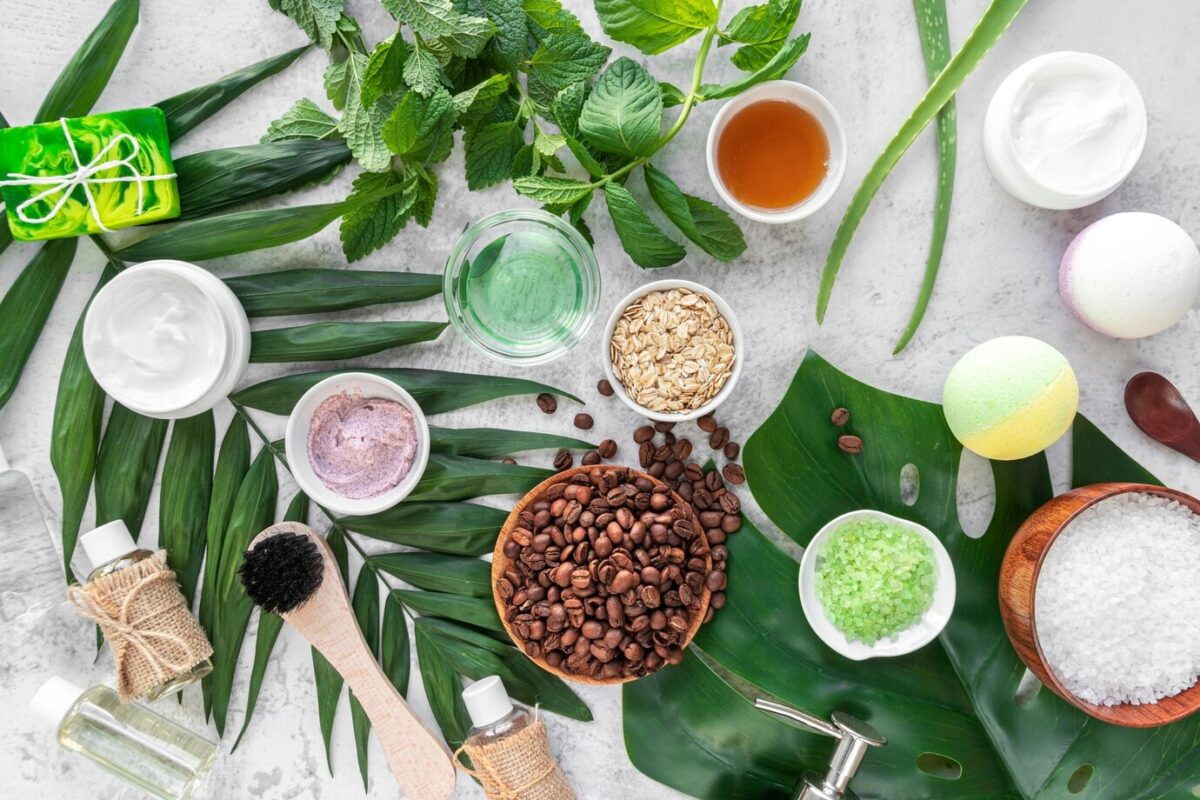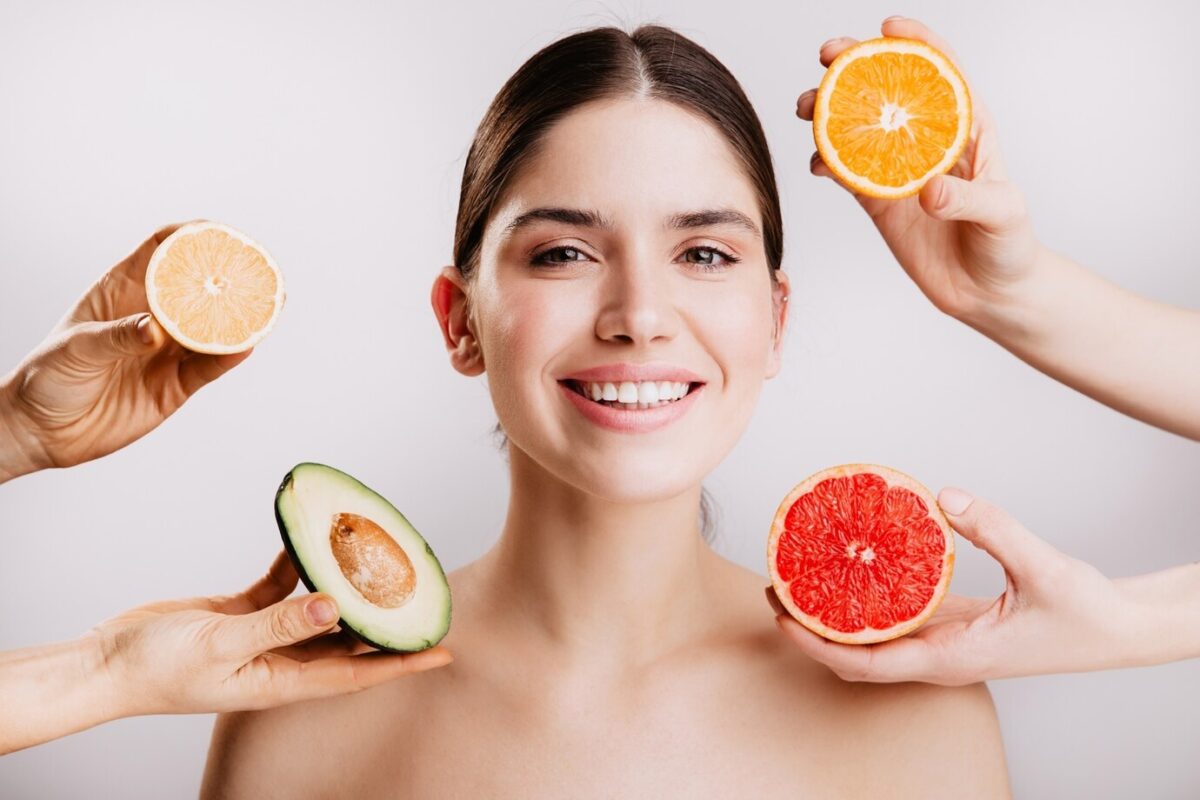Introduction to Skin Care in Hindi Wellhealthorganic
Maintaining healthy and glowing skin is a universal desire. However, with countless products and advice floating around, knowing what works best for your skin can be a bit overwhelming. The key is understanding your skin type and sticking to a consistent routine. But, what if all the information you need is available in Skin care in hindi wellhealthorganic, tailored for those who prefer guidance in their native language?
Wellhealthorganic offers just that — a comprehensive approach to skin care in Hindi, using natural and organic methods. This guide will walk you through effective skin care tips and products that ensure your skin remains healthy, vibrant, and beautiful. We’ll cover everything from daily routines to seasonal care, myths, and DIY remedies. Let’s dive in!
What is Skin Care?

Skin care is the practice of keeping your skin clean, hydrated, and nourished. It involves a series of steps that help to protect the skin from environmental damage, keep it hydrated, and ensure it remains clear of blemishes. A good skin care routine is essential because it not only improves the skin’s appearance but also its overall health.
Whether you’re dealing with acne, dryness, or signs of aging, the right routine can make a significant difference. Skin care is not just about using products; it involves understanding what your skin needs, choosing appropriate products, and applying them correctly. The essentials of skin care include cleansing, toning, moisturizing, and sun protection. For those with specific concerns, additional treatments like exfoliation and masks can be beneficial.
By understanding the basics of skin care, you can tailor a routine that suits your unique needs. Wellhealthorganic brings natural and organic solutions that make this process simpler and more effective, ensuring that your skin receives the best care possible.
Benefits of a Good Skin Care Routine

A consistent skin care routine does more than just make your skin look good. It’s about maintaining the overall health of your skin and preventing future issues. Here are some of the benefits:
1. Prevents Skin Problems
Regular cleansing and moisturizing help prevent common issues like acne, dryness, and dullness. By sticking to a routine, you keep your skin free from dirt, oil, and impurities that could clog pores and lead to breakouts.
2. Slows Down the Aging Process
Who doesn’t want youthful, glowing skin? A good skin care routine can help reduce the appearance of fine lines, wrinkles, and dark spots. Consistent use of anti-aging products and sunscreen protects the skin from premature aging caused by sun exposure.
3. Boosts Confidence
Healthy skin naturally boosts self-confidence. When your skin looks good, you feel good. A consistent routine can help reduce redness, blemishes, and other skin imperfections, making you feel more confident in your appearance.
4. Improves Skin Texture and Tone
With regular exfoliation and hydration, your skin becomes smoother and more even-toned. Using products tailored to your skin type helps balance oil production, prevent dry patches, and give your skin a natural glow.
Wellhealthorganic’s Approach to Skin Care

At Wellhealthorganic, the focus is on natural and organic solutions that are gentle yet effective. Using plant-based ingredients, Wellhealthorganic products provide skin-friendly nutrients that help maintain the health and beauty of your skin without harsh chemicals.
1. Natural Ingredients Matter
Wellhealthorganic believes in the power of natural ingredients like aloe vera, turmeric, coconut oil, and more. These ingredients are not only safe for your skin but also rich in antioxidants, vitamins, and minerals that nourish the skin deeply.
2. Why Choose Organic?
Organic skin care products are free from synthetic chemicals, artificial fragrances, and harmful additives. They are gentler on the skin and reduce the risk of irritation, allergies, and other skin issues. Wellhealthorganic’s approach ensures that the products are effective yet safe for all skin types.
3. The Role of Sustainability
Aside from skin care, Wellhealthorganic is dedicated to sustainability. Using eco-friendly packaging and sourcing ingredients responsibly, they ensure that their products are good for you and the environment.
Daily Skin Care Routine in Hindi
A daily skin care routine doesn’t need to be complicated. The key is consistency and using the right products. Here’s a simple yet effective routine that anyone can follow:
Morning Routine
- Cleanser: Start your day by cleansing your face to remove any oil or dirt that has accumulated overnight. Choose a gentle, sulfate-free cleanser.
- Toner: Apply a toner to balance your skin’s pH levels and prepare it for better absorption of the next steps.
- Moisturizer: Keep your skin hydrated with a good moisturizer that suits your skin type. Even if you have oily skin, don’t skip this step.
- Sunscreen: Never leave the house without applying sunscreen. It protects your skin from harmful UV rays that can cause premature aging and sun damage.
Evening Routine
- Makeup Remover: If you wear makeup, start by removing it with a gentle makeup remover.
- Cleanser: Clean your face again to remove dirt, oil, and impurities accumulated during the day.
- Serum: Serums can target specific issues like dark spots, fine lines, or acne. Choose one that fits your needs.
- Moisturizer: Finish off with a night cream or a heavier moisturizer to lock in hydration while you sleep.
Cleansing Tips for Healthy Skin

Cleansing is the most basic yet essential step in any skin care routine. It removes dirt, excess oil, and impurities from your skin, keeping your pores clear and preventing breakouts.
1. Choosing the Right Cleanser
Not all cleansers are created equal. It’s important to choose one that suits your skin type. For oily skin, opt for a gel-based cleanser. For dry skin, a cream-based cleanser works best. Those with sensitive skin should look for a fragrance-free, gentle formula.
2. How to Cleanse Effectively
- Step 1: Wet your face with lukewarm water.
- Step 2: Apply a small amount of cleanser to your fingertips and gently massage it into your skin in circular motions.
- Step 3: Rinse thoroughly with lukewarm water and pat your face dry with a clean towel.
- Step 4: Avoid using hot water, as it can strip your skin of its natural oils, causing dryness and irritation.
3. Frequency of Cleansing
Cleansing your face twice a day, in the morning and at night, is usually sufficient. However, if you have been sweating a lot or exposed to a polluted environment, a mid-day cleanse can help keep your skin fresh.
Importance of Moisturizing
Moisturizing is a crucial part of any skin care routine. It helps to keep your skin hydrated, soft, and smooth. Without adequate moisture, your skin can become dry, flaky, and more prone to irritation.
1. Why Moisturizing is Essential
Moisturizers create a protective barrier on your skin, locking in hydration and preventing water loss. This is especially important for dry and sensitive skin, which can become irritated if not properly hydrated. Even if you have oily skin, using a lightweight, oil-free moisturizer can help balance your skin’s natural oils and prevent breakouts.
2. How to Pick the Best Moisturizer for Your Skin Type
- Dry Skin: Look for rich, creamy moisturizers that contain ingredients like hyaluronic acid, glycerin, and ceramides. These components attract moisture and keep your skin hydrated for a longer period.
- Oily Skin: Choose a gel-based, oil-free moisturizer that is lightweight. Ingredients like aloe vera and hyaluronic acid can hydrate your skin without making it greasy.
- Sensitive Skin: Opt for fragrance-free, hypoallergenic moisturizers. Natural ingredients like chamomile and oat extract can soothe and calm irritated skin.
- Combination Skin: A balanced moisturizer that isn’t too heavy or too light can work well. Products labeled as “for all skin types” can be a good choice.
3. How to Apply Moisturizer Effectively
- Step 1: Cleanse your face thoroughly.
- Step 2: Apply a pea-sized amount of moisturizer to your fingertips.
- Step 3: Gently massage it into your skin in upward strokes. Make sure to cover your neck as well.
- Step 4: Allow the moisturizer to absorb before applying any other products like sunscreen or makeup.
Natural Ingredients for Skin Care
Using natural ingredients for skin care has gained popularity due to the numerous benefits they offer. Natural ingredients are often gentler on the skin and less likely to cause irritation compared to synthetic chemicals.
1. Benefits of Using Natural Ingredients
Natural ingredients are packed with vitamins, antioxidants, and nutrients that promote healthy skin. They can help address common skin concerns like dryness, acne, redness, and aging. Since they are free from harsh chemicals, they reduce the risk of allergies and skin reactions.
2. Examples of Effective Natural Ingredients
- Aloe Vera: Known for its soothing and hydrating properties, aloe vera is great for treating sunburn, dryness, and irritation.
- Turmeric: Rich in antioxidants and anti-inflammatory compounds, turmeric can help brighten the skin and reduce acne scars.
- Coconut Oil: Excellent for dry skin, coconut oil provides deep hydration and has antibacterial properties that can help combat breakouts.
- Honey: Honey is a natural humectant, meaning it draws moisture to the skin. It also has antibacterial properties, making it ideal for acne-prone skin.
- Green Tea: Packed with antioxidants, green tea can reduce inflammation, prevent signs of aging, and soothe irritated skin.
3. How to Incorporate Natural Ingredients into Your Routine
- DIY Masks: Create simple masks at home using ingredients like honey, yogurt, and turmeric for a quick skin boost.
- Natural Cleansers: Look for products that contain natural oils, like coconut or jojoba oil, which can cleanse the skin without stripping it of moisture.
- Serums and Oils: Use natural oils such as rosehip or argan oil as part of your nighttime routine to nourish and hydrate your skin deeply.
Skin Care Myths and Facts
There are many misconceptions about skin care that can lead to ineffective practices or even harm. Let’s debunk some common myths:
1. Myth: Oily Skin Doesn’t Need Moisturizer
Fact: Even oily skin needs hydration. Skipping moisturizer can cause the skin to produce even more oil to compensate for the dryness. Use a lightweight, oil-free moisturizer to keep your skin balanced.
2. Myth: The Higher the SPF, the Better the Protection
Fact: SPF 30 blocks about 97% of UVB rays, while SPF 50 blocks about 98%. Higher SPF doesn’t mean drastically better protection, and it’s more important to apply sunscreen correctly and reapply it throughout the day.
3. Myth: Natural Products are Always Better for the Skin
Fact: While natural ingredients can be great, not all natural products are suitable for every skin type. It’s important to patch-test and see how your skin reacts. Some natural ingredients can still cause irritation or allergies.
4. Myth: Drinking More Water Will Solve Dry Skin
Fact: While hydration is important for overall health, drinking water alone may not be enough to combat dry skin. Using a good moisturizer and protecting your skin from harsh weather is also necessary.
5. Myth: Pores Can Open and Close
Fact: Pores don’t open and close like doors. They can appear larger when they are clogged with dirt and oil. Regular cleansing and exfoliation can help minimize the appearance of pores.
DIY Skin Care Remedies
If you enjoy a bit of home pampering, DIY skin care remedies can be both fun and effective. Here are a few easy-to-make treatments using simple ingredients from your kitchen:
1. Homemade Face Packs and Masks
- Turmeric & Honey Mask: Mix a teaspoon of turmeric with a tablespoon of honey. Apply to the face and leave for 15 minutes before rinsing. This mask can help brighten the skin and reduce inflammation.
- Yogurt & Oatmeal Scrub: Combine yogurt with ground oatmeal to create a gentle exfoliating scrub. Massage onto your skin in circular motions to remove dead skin cells.
- Aloe Vera & Cucumber Gel: Blend aloe vera gel with cucumber juice for a cooling, hydrating mask. Perfect for soothing sunburns and irritated skin.
2. Tips for Effective Application
- Cleanse First: Always start with a clean face to ensure the ingredients can penetrate your skin.
- Patch Test: If trying a new ingredient, apply a small amount to your wrist or behind your ear to check for any allergic reactions.
- Don’t Overuse: Stick to using these remedies 1-2 times a week. Overuse, especially of scrubs, can lead to irritation.
3. Benefits of DIY Remedies
DIY remedies allow you to control what goes onto your skin. You can avoid harsh chemicals and use ingredients that you know work well for you. Plus, they can be a cost-effective way to treat your skin without breaking the bank.
Common Skin Problems and Solutions
Skin issues can be frustrating, but understanding them and knowing how to address them can make a huge difference. Here are some common skin problems and effective solutions:
1. Acne
Acne is a common issue, especially among teenagers, but it can affect people of all ages. It occurs when hair follicles get clogged with oil, dead skin cells, and bacteria.
Solution:
- Cleanse Regularly: Use a gentle cleanser twice a day to remove dirt and oil without stripping your skin.
- Spot Treatments: Look for treatments containing salicylic acid, benzoyl peroxide, or tea tree oil to target acne breakouts.
- Avoid Touching Your Face: Touching your face can transfer bacteria and oils, leading to more breakouts.
- Exfoliate Weekly: Regular exfoliation can help keep pores clear, but don’t overdo it, as this can irritate the skin.
2. Dry Skin
Dry skin can feel tight, flaky, and uncomfortable, especially during colder months. It’s essential to restore moisture and prevent further water loss.
Solution:
- Moisturize Immediately After Showering: Applying moisturizer on damp skin helps lock in moisture.
- Use Hydrating Products: Choose products with ingredients like hyaluronic acid, glycerin, and ceramides to maintain hydration.
- Avoid Hot Water: Hot showers can strip the skin of its natural oils. Use lukewarm water instead.
- Humidifier: Consider using a humidifier in your home to add moisture to the air, which can help prevent dry skin.
3. Aging Signs (Fine Lines & Wrinkles)
Fine lines and wrinkles are natural signs of aging but can be exacerbated by factors like sun exposure and lifestyle habits.
Solution:
- Sun Protection: Use a broad-spectrum SPF daily, even on cloudy days, to protect your skin from harmful UV rays.
- Retinoids: Retinoids are known for their ability to reduce fine lines by increasing collagen production.
- Antioxidants: Products with antioxidants like vitamin C can help protect the skin from free radical damage and improve skin elasticity.
- Hydration: Well-hydrated skin appears plumper and smoother. Make sure to drink plenty of water and use hydrating skincare products.
4. Dark Spots and Hyperpigmentation
Dark spots, or hyperpigmentation, are caused by excess melanin production, which can result from sun exposure, acne scars, or hormonal changes.
Solution:
- Brightening Serums: Look for ingredients like vitamin C, niacinamide, and alpha arbutin to lighten dark spots and even skin tone.
- Exfoliation: Regular exfoliation can help fade dark spots by removing dead skin cells and promoting cell turnover.
- Avoid Sun Exposure: Sun exposure can worsen hyperpigmentation. Use sunscreen daily and reapply every two hours if you’re outdoors.
- Consult a Dermatologist: If over-the-counter products aren’t effective, consider seeing a dermatologist for professional treatments like chemical peels or laser therapy.
Choosing the Right Products for Your Skin
The sheer variety of skin care products on the market can be overwhelming. Understanding your skin type and concerns can help you choose the right products that work best for you.
1. Identify Your Skin Type
Knowing your skin type is crucial for selecting the right products. Here’s a simple breakdown:
- Oily Skin: Shiny, greasy appearance, especially on the T-zone (forehead, nose, and chin). Look for oil-free, mattifying products.
- Dry Skin: Tight, flaky, or rough texture. Opt for creamy, hydrating products.
- Combination Skin: Oily in the T-zone but dry or normal in other areas. Choose products that balance moisture without adding too much oil.
- Sensitive Skin: Prone to redness, irritation, and allergic reactions. Stick to gentle, fragrance-free, and hypoallergenic products.
- Normal Skin: Balanced, with few blemishes or sensitivities. Most products work well, but continue to look for those that maintain balance.
2. Reading Product Labels
Learning to read labels can save you from using products that don’t suit your skin:
- Look for Key Ingredients: Check the first five ingredients listed, as they make up the bulk of the product. Active ingredients like salicylic acid, hyaluronic acid, and retinoids are usually effective.
- Avoid Harsh Chemicals: Stay away from products with harsh sulfates, parabens, and artificial fragrances, especially if you have sensitive skin.
- Patch Test New Products: Always do a patch test when trying a new product to avoid adverse reactions.
3. Wellhealthorganic’s Recommendations
Wellhealthorganic focuses on natural and organic ingredients that nourish the skin. Their products are free from harmful chemicals, making them suitable for various skin types. From gentle cleansers to hydrating moisturizers, their range covers everything you need for a complete skincare routine.
Maintaining Healthy Skin in Changing Seasons
Different seasons can bring different challenges for your skin. Knowing how to adapt your routine can help maintain healthy skin throughout the year.
1. Skin Care for Summer
Summer means more sun exposure, higher temperatures, and more sweating, which can lead to oil buildup and clogged pores.
- Lightweight Products: Switch to lightweight, oil-free products that won’t clog your pores.
- Sunscreen is Non-Negotiable: Apply sunscreen with SPF 30 or higher and reapply every two hours if you’re spending time outdoors.
- Stay Hydrated: Drink plenty of water to keep your skin hydrated from the inside out.
2. Skin Care for Winter
Winter can dry out your skin due to cold weather and indoor heating.
- Use a Rich Moisturizer: Switch to a heavier, cream-based moisturizer to combat dry, flaky skin.
- Humidifier: Adding moisture to the air can help prevent your skin from drying out.
- Avoid Hot Showers: Hot water can strip the skin’s natural oils, leading to dryness. Opt for lukewarm water instead.
3. Skin Care for Monsoon
The monsoon season brings humidity, which can lead to oily and acne-prone skin.
- Gentle Cleansing: Cleanse your skin twice a day to remove excess oil and sweat.
- Non-Greasy Moisturizer: Use a light, non-greasy moisturizer to keep your skin hydrated without feeling oily.
- Exfoliate Regularly: Regular exfoliation helps keep pores clear of excess oil and dead skin cells.
Conclusion
Taking care of your skin doesn’t have to be a complicated process. By understanding your skin type, choosing the right products, and following a consistent routine, you can maintain healthy, glowing skin. Wellhealthorganic emphasizes the importance of using natural and organic ingredients to ensure that your skin gets the nourishment it deserves without harsh chemicals. Remember, healthy skin is a reflection of a healthy lifestyle, so complement your skin care routine with a balanced diet, regular exercise, and adequate sleep.
FAQs
1. What is the best skin care routine in Hindi?
A: A basic routine includes cleansing, toning, moisturizing, and applying sunscreen. Adjust the products based on your skin type and concerns.
2. How can I achieve glowing skin naturally?
A: Use natural ingredients like aloe vera, turmeric, and honey. Ensure a balanced diet, stay hydrated, and follow a consistent skin care routine.
3. Are natural skin care products effective?
A: Yes, natural skin care products can be very effective, especially for those with sensitive skin. They are often gentle and less likely to cause irritation.
4. How often should I cleanse my face?
A: Cleansing twice a day (morning and night) is recommended. If you sweat a lot or have been exposed to pollutants, a mid-day cleanse might be beneficial.
5. What’s the best moisturizer for dry skin?
A: Look for moisturizers with hydrating ingredients like hyaluronic acid, glycerin, and ceramides. Cream-based formulas work best for dry skin.




